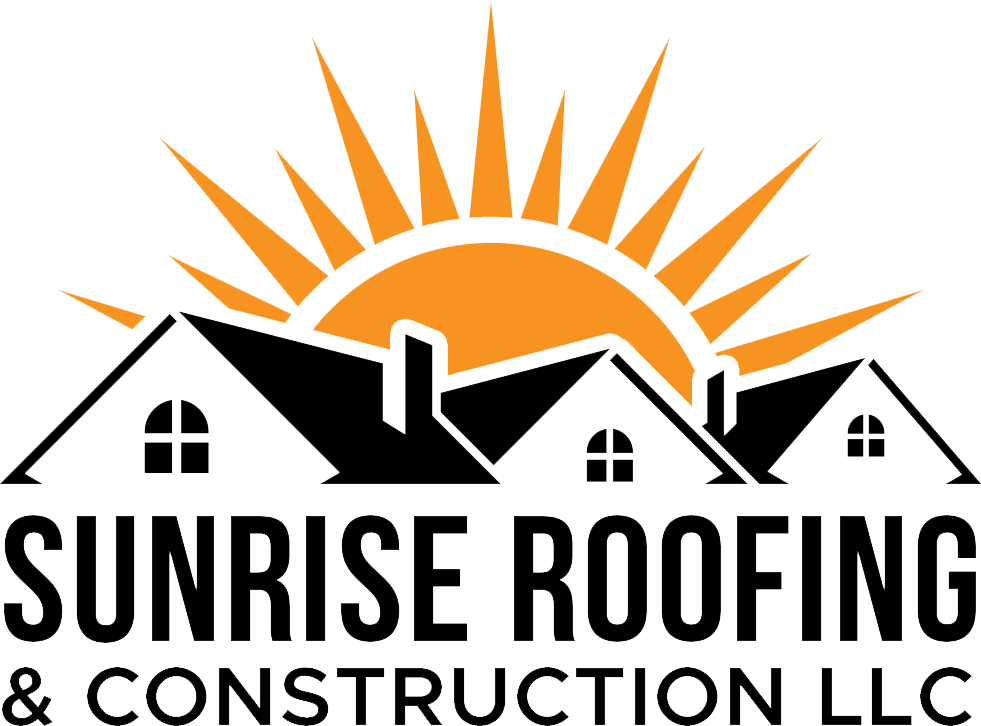The Pros And Cons Of Different Fencing Options
The Pros And Cons Of Different Fencing Options
Choosing the right fence material can be an important part of a home’s exterior. You’ll want to consider several things such as price, security, visual appeal and longevity. Ultimately, it comes down to personal preferences and your goals. Having a clear understanding of the pros and cons of different fencing options will help you narrow down your choices when you call a local fence and roofing company like Sunrise Roofing & Construction LLC.
Wood
Wood is a classic choice for fences because it can be shaped to fit your home’s aesthetic and budget. It also comes in a variety of styles, and can be painted or stained to add color. When choosing a wooden fence for your property, consider durability and longevity. Durable fences will require less maintenance, lowering your long-term costs. If you live in a climate where it rains a lot, choose a material that is resistant to moisture damage. In addition, be sure to perform regular staining or paint to keep your fence looking fresh.
Vinyl
Vinyl is an increasingly popular fencing material for homes and businesses because it offers many benefits. For starters, it’s low maintenance – you can clean it with soap and water if you get it dirty. Another benefit is that it won’t rot or warp in extreme weather. This makes it a good fencing installation option for homeowners who want to maintain the aesthetic of their property and not worry about damage to their fences. Finally, it’s environmentally sound – it doesn’t release any harmful chemicals into the air or water like plastic does. Its production uses a lot less fossil fuels than other plastics, which is a big plus! However, one negative of vinyl is that it can fade over time. This isn’t uncommon for PVC materials, especially the lower-quality varieties, so it’s a concern to consider when choosing your vinyl fence.
Aluminum
Aluminum fencing is a popular choice for many homes and businesses. It offers a number of benefits, including durability and low maintenance costs. While not a friendlier option to the environment than wood or vinyl, aluminum fences can be made from recycled materials. This can help protect the environment and reduce your carbon footprint while saving money in the long run. Another key benefit of aluminum is that it doesn’t rot like wood or rust like wrought iron, which can make it an excellent choice for properties in humid areas. It also doesn’t need refinishing or coating, making it easy to clean with a hose. In addition, aluminum is strong enough to stand up to heavy traffic and can withstand the pressure of kids or pets without becoming bendable. This can be a great safety feature, especially when it’s around areas like swimming pools. It can also be installed on sloped or level land, avoiding unsightly gaps between pickets and rails.
Steel
Steel fencing is popular for homes and businesses because it provides security. It also helps you control who can access your property, especially if you install electronic gates or swipe card access. It’s also very durable and can last for decades if it’s galvanized. The coating is zinc-based and protects against rust. Wrought iron is another splendid choice for fencing as it adds a classic aesthetic to your home and gives good protection from unwanted visitors. It is also heavy and strong, making it difficult for trespassers to break through it. Wrought iron fences are typically a little more expensive than other metals, but they last for many years and provide excellent security for your home or business. They also add value to your property and are easy to clean.
